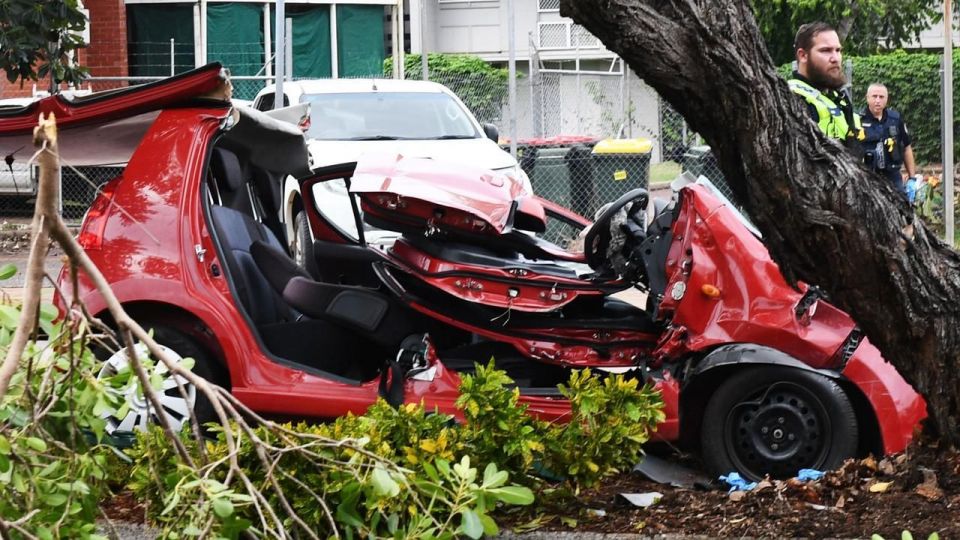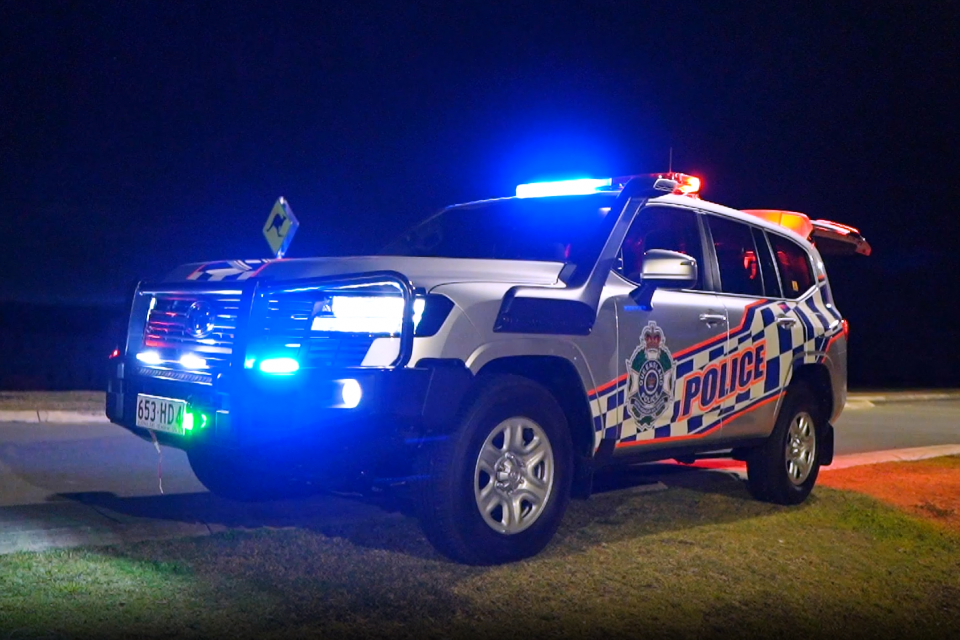

Andrew Maclean
4 Days Ago
The Australian Government is calling on states and territories to hand over data on car crashes in order to receive federal road funding.

News Editor


News Editor
The Albanese Government has announced it will require states and territories to provide previously withheld road safety data if they want to receive road funding.
For the first time, it says it will “seek to include a provision in this negotiated agreement with the states that will create a requirement for the provision of a nationally consistent data set”.
The Government is finalising its next five-year road funding deal with states and territories – the National Partnership Agreement on Land Transport Infrastructure Projects – which is due to take effect on July 1, 2024.
It will include in next week’s Federal Budget a $21 million investment in the National Road Safety Data Hub, with the aim of offering harmonised data from states and territories that “can be used effectively by everyone”.

It says this hub will allow it to identify where best to target road safety funding, particularly critical given the national road death toll has continued to rise.
“We are increasing investments in transport infrastructure because we know that better roads boost efficiency, productivity and safety,” said Catherine King, the Federal Minister for Infrastructure, Transport, Regional Development and Local Government.
“Addressing the absence of consistent road safety data will complement the work we have already done since we came to Government to improve road safety.”
Data collected by state and territory governments includes not only detailed information on crashes, but also on road conditions and traffic policing.

The announcement is a victory for stakeholders like the Australian Automobile Association (AAA), which has continually called for states and territories to share this road safety data with the Federal Government.
The peak body for motoring groups in Australia has called the Government’s decision “the most significant national road safety reform in decades”.
“With more than 100 people killed on Australian roads each month and the toll rising, we need data about the causes of crashes, the condition of roads and the effectiveness of traffic policing to better understand what is going wrong,” said AAA managing director Michael Bradley.
“This reform will also clip the wings of politicians who are tempted to invest scarce public money on road projects to win votes in marginal electorates, rather than projects that can save lives.”

The AAA has been running a campaign, Data Saves Lives, calling for this data transparency, which has received the support of all federal MPs from the Coalition, Greens and Teals, as well as independents – but just one Labor MP, Dr Mike Freelander.
Thus far, only Queensland has agreed to share all its road data with the Federal Government.
The Australian Government makes $10 billion in road grants available to states and territories each year.
Last year, the national road death toll increased by 7.3 per cent to 1266.
New South Wales’ toll was up 24 per cent, Victoria’s by 22.5 per cent, and South Australia’s by a significant 64.8 per cent
However, the road death toll decreased in Queensland, Western Australia, Tasmania, the ACT and the Northern Territory.
MORE: Australia’s catastrophic 2023 road toll laid bare MORE: Australian road death toll continues to rise in 2024
William Stopford is an automotive journalist based in Brisbane, Australia. William is a Business/Journalism graduate from the Queensland University of Technology who loves to travel, briefly lived in the US, and has a particular interest in the American car industry.


Andrew Maclean
4 Days Ago


Josh Nevett
4 Days Ago


Josh Nevett
3 Days Ago


Max Davies
2 Days Ago


Matt Campbell
1 Day Ago


Damion Smy
19 Hours Ago